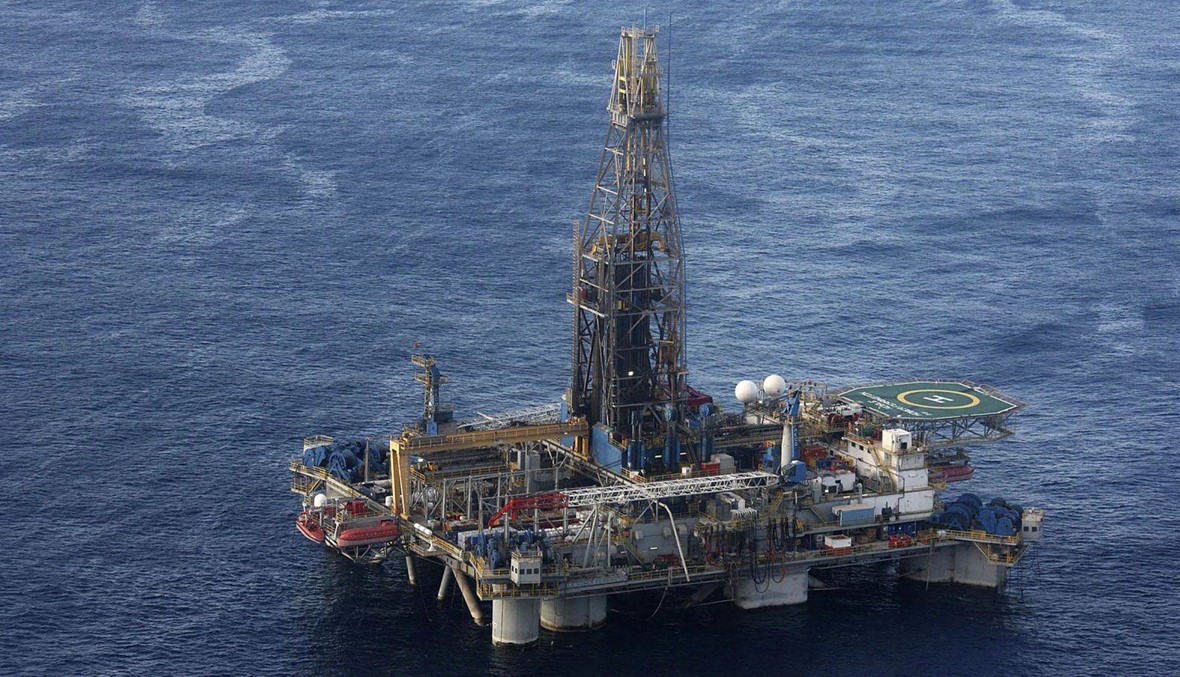

BEIRUT: International companies have submitted two bids in Lebanon’s first licensing round for offshore oil and gas exploration, a source told Annahar.
Speaking at a news conference Thursday, Energy and Water Minister Cesar Abi Khalil said that the first licensing round has closed, without specifying either the companies or the number of bids submitted. Blocks 1, 4, 8, 9, and 10 were open for bidding.
Abi Khalil said the Lebanese Petroleum Administration (LPA) will now evaluate the bids and submit its report, which he will refer to the Cabinet for approval.
Lebanon’s efforts to develop a hydrocarbons industry has been plagued by numerous delays, mainly due to political infighting, since it first discovered potential oil and gas fields in 2009.
A total of more than 50 companies had qualified to take part in the bidding since the first qualification round was launched in 2013.
Earlier this month, Lebanon’s parliament approved a petroleum tax law that paved the way for the first licensing round for offshore oil and gas exploration in the country's exclusive economic zone.
For economists and other local analysts, any economic knock-on effects are growing increasingly distant, which has been brought into high-relief by the small number of bids.
“The low number of bids is an example that we should be very careful and realistic about the potential impact of oil and gas on the Lebanese economy and public finances. We cannot claim, as some already have claimed, that Lebanon has joined the club of hydrocarbon-producing countries, nor can we factor-in at this stage any revenues from oil and gas, as many officials have eagerly done,” said Byblos Bank’s chief economist Nassib Ghobril.
“In fact, it is very harmful that some have put astronomical and fact-free figures on the expected revenues from oil and gas, while exploration has yet to start. These unrealistic expectations have led giddy politicians to start spending freely” Ghobril added in remarks to Annahar. “So instead of day-dreaming about drowning in receipts, the focus should be on implementing structural reforms to reduce the borrowing needs of the government, to stimulate growth and to improve the investment climate and the business environment.”
The extent of oil and gas reserves beneath the Mediterranean off of Lebanon is potentially vast, but the actual amount remains unknown until development begins.
Previously, the Ministry of Energy and Water has indicated that up to over 90 trillion cubic feet of gas reserves and 865 million barrels of oil are possibly in Lebanon’s section of the basin.
Lower estimates, however, forecast only 25 trillion cubic feet of gas reserves.
Bank Audi has reported that the government could potentially net more than $600 billion from the development of resources over the long term.
Civil society activists have repeatedly called for government transparency in order to facilitate the building of a sovereign wealth fund and prevent political graft from any revenue stream.
Laury Haytayan, the MENA director for NGO the Natural Resources Governance Institute, noted that Lebanon had not only delayed any economic gain, but also lost the trust of the country’s citizens, by political infighting.
"Lebanon lost an opportunity in 2013 when oil prices were high. At that time there were 46 companies pre-qualified with a great appetite to explore new frontiers like Lebanon offshore. Unfortunately, the political deadlock led to delays and now we see that the results of the first licensing round are very few bidders,” the government transparency advocate told Annahar.
“The political crisis is so deep that parties are unable to find a consensus on how to deal with the economic issues… besides the negative effect of politics on the oil and gas development; there is another concern which is corruption,” Haytayan added. “This is why transparency is a must in dealing with this sector ….and talking directly to the people – the owners of the resources – is one way of trying to build trust. Regaining the trust of the people is a long process.”